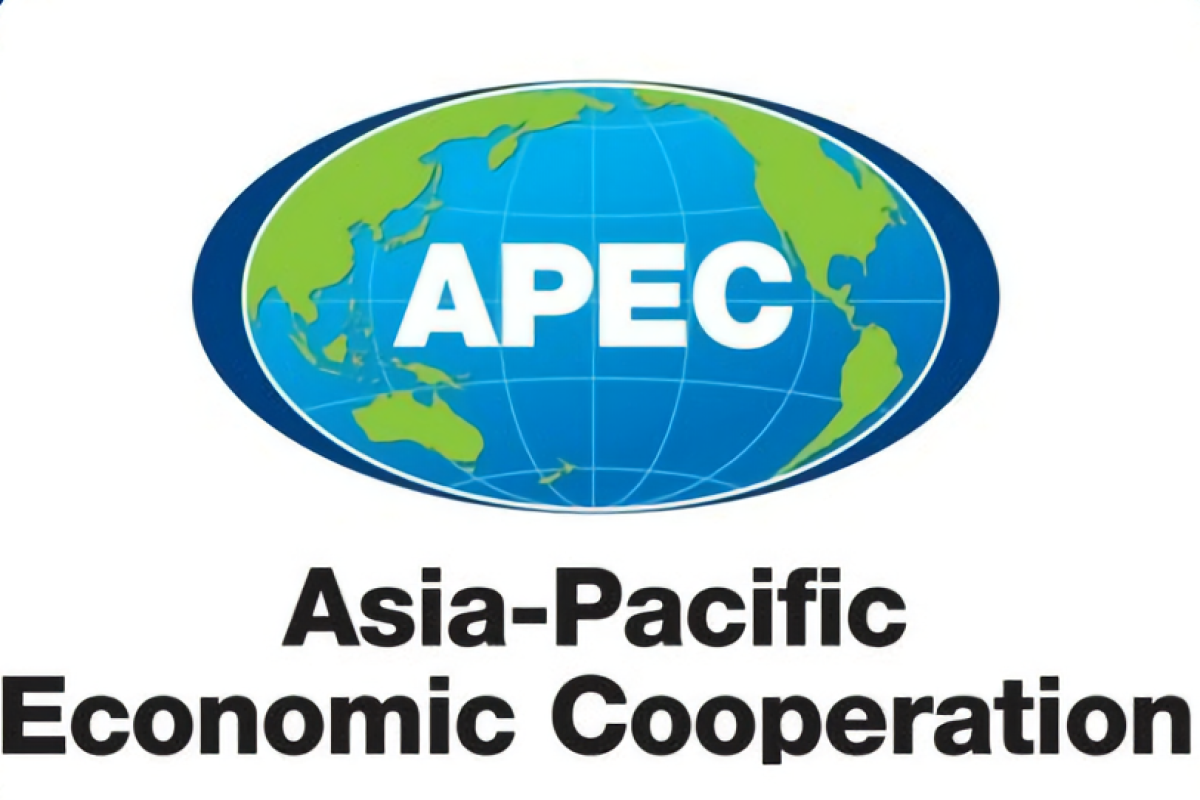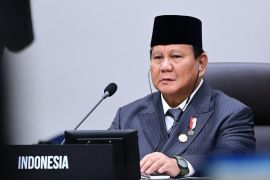"A resolute push from the private sector provides the much-needed tailwinds for policymakers to move efforts in advancing regional economic integration, inclusivity, the digital economy, and sustainability," Sta Maria said, as noted in a release issued by the APEC Secretariat and received here on Friday.
During a visit to Canada, Sta Maria briefed the region’s business leaders on progress made by APEC towards the recommendations provided by the APEC Business Advisory Council (ABAC) to embrace life post-COVID and futureproof the region’s trade architecture.
"This year, Thailand is committed to refreshing our discussions on the Free Trade Area of the Asia Pacific, or FTAAP—an important issue for us all, but something that could be an albatross for policymakers," Sta Maria noted in her remarks at the second meeting of ABAC on Wednesday (April 27).
"We need to come together, really engage, and deliberate on what kind of next-generation trade and investment issues can be covered, including labor environments and the digital and green economy, as well as where will FTAAP appear in the current architecture of regional trade agreements," she stated.
Free Trade Area of the Asia-Pacific (FTAAP) is a deal involving the 21 Pacific Rim nations that are part of the Asia-Pacific Economic Cooperation (APEC).
Sta Maria highlighted the importance of advancing APEC’s work to reopen borders for safe and seamless travel, especially with respect to interoperability and mutual recognition of vaccine certificates, as well as a more inclusive APEC Business Travel Card — all of which are high on Thailand’s agenda as the host of APEC 2022.
ABAC represents business leaders from 21 APEC member economies and is currently convening in Vancouver for their second meeting of the year to develop policy recommendations for APEC Leaders.
A dialog between ABAC and APEC ministers will be held at the upcoming Ministers Responsible for Trade Meeting on May 21-22 in Bangkok, Thailand.
Sta Maria reiterated the importance of strong cooperation among policymakers, business leaders, academia, and youth in ensuring that a post-COVID growth model is sustainable and inclusive and made in consultation with organizations on how to facilitate greater engagement across sectors in APEC.
"APEC represents a specific way for economies to cooperate. It is voluntary, nonbinding, and operates on consensus. These factors make it possible for such a diverse group of economies to work together," she affirmed.
Sta Maria explained that the internationalization of small and medium enterprises; transition to a low-carbon, green, and circular economy; and the urgent need to equip the region better for the digital age are some of the priorities shared by APEC and Canada.
"APEC is very open to inputs and collaboration with businesses, academia, and the youth, and we highly encourage engagement that strengthens not only our work agenda but also ties between the Pacific and Asia," she stated.
The organizations consulted include Google, the Asia-Pacific Foundation of Canada, as well as the University of British Columbia.
Related news: Thailand contributes to further APEC research, analysis
Related news: APEC finance officials focus on sustainability, digital economy
Related news: APEC economic leaders meeting set for Nov 18--19
Reporter: Yuni Arisandy Sinaga
Editor: Sri Haryati
Copyright © ANTARA 2022











